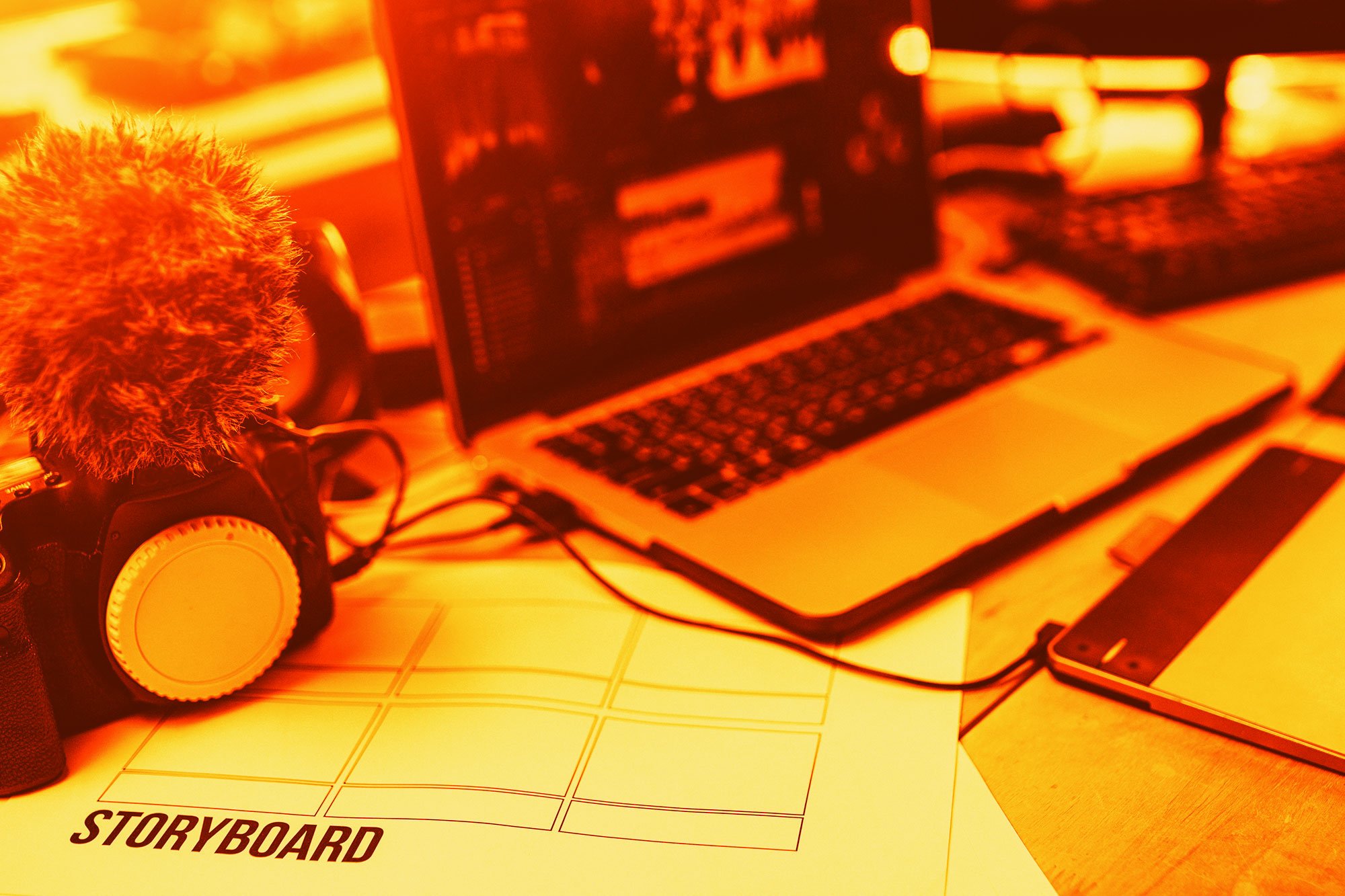Technology trends such as artificial intelligence (AI) and cloud computing have been hot topics in the news for some time due to their influence on our everyday lives. The same certainly applies to human resources, as I have seen first-hand how technology is bringing multiple benefits to every stage of the employee lifecycle, from recruitment through to employee wellbeing.
With a rise in trends like remote working and the influx of a younger workforce, people are becoming increasingly disparate, posing a fresh set of challenges for HR leaders to ensure a happy, connected and productive environment. While there is an argument that reducing the human element from HR management can lead to workers feeling isolated, in today’s digitally savvy workplace, technology has instead become a critical enabler in driving a better experience for companies and their employees alike. For example, there is an increasing requirement for employers to support their employees on issues that extend beyond the office environment, helping them to manage physical, financial and mental wellbeing as well as their work-life balance.
How we use HR technology continues to change how we manage our employee data, HR processes and the benefits offered to our teams. The abundance of data that the latest solutions provide allow us to better inform business decisions and facilitate a more efficient and happier workplace. Automated workflows and collaboration make working life easier, more engaging and fun; with the wrong system in place people can easily become disengaged and hinder overall productivity.
HR technology is not one size fits all – solutions are required that use technology to allow employees and employers to interact intuitively with the ability to scale and grow with your business. There is an increasing demand for apps and other technologies to cover the whole employee lifecycle; from supporting recruitment and staff retention to fostering staff wellbeing and boosting performance. The ability to manage payroll, performance reviews and company suggestions remotely is nothing short of a game-changer, as creating a streamlined and automated process removes the administrative stranglehold and frees up time for senior HR professionals to focus on more strategic issues.
To conclude, managing employee wellbeing in today’s working environment requires a modern approach. HR managers must adapt to both mitigate the issues and take advantages of the opportunities that a technologically advanced workplace can bring.







